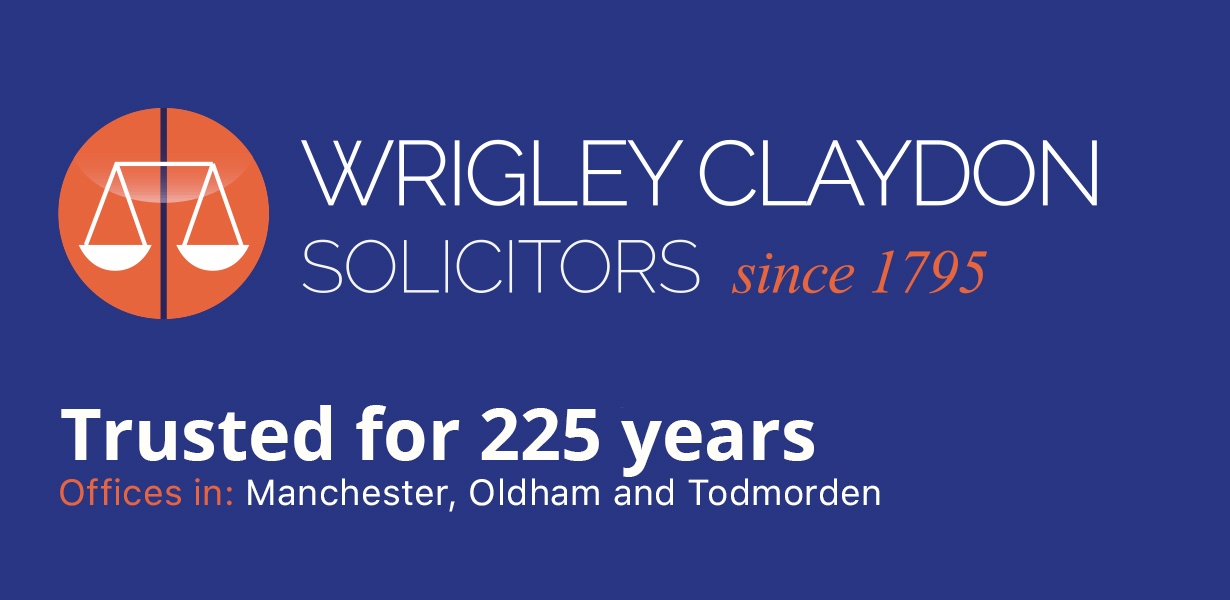The digital age has revolutionised numerous aspects of everyone’s lives, and the legal sphere is no exception. In recent years, traditional divorce proceedings significantly have transformation with the introduction of online divorce processes. This convenient and efficient method is extremely popular due to its accessibility, cost-effectiveness, and streamlined procedures.
Online divorce applications can be started by one person as a sole applicant or together as joint applicants. You do not have to give a reason for the divorce, other than a simple statement that the marriage has irretrievably broken down.
The three conditions for eligibility are:
- You need to have been married for at least one year.
- Your marriage must be legally recognised in UK and,
- It must have irretrievably broken down.
You will need the following information in order to submit an application:
- Full names and address of both people
- Any contact telephone numbers
- Email addresses
- The original marriage certificate or a certified copy (and a certified translation if it’s not in English)
- Proof of any name change if changed since the marriage – e.g. a deed poll or change of name deed.
- A credit or debit card to pay the court fee (this is currently £593). You may be eligible for help if you are on a low income or in receipt of benefits, but you will need to make an application to determine eligibility, this can also be accessed online.
You will then be taken through the online divorce process step by step.
Once you have submitted your divorce application your ex-partner will need to return their ‘Acknowledgment of Service’ to confirm that they have had sight of the application. They will either agree not to contest the divorce or that confirm that they intend to dispute it, but they will need to have grounds to do so.
Once you have completed this first stage you will be directed as to next steps such as the date you can apply for your Conditional Order and thereafter, your Final Order.
If you require any legal advice in regards to such matters, please do not hesitate to contact us on 0161 624 6811 or email za@wrigleyclaydon.com.
Zahra Ali
Latest posts by Zahra Ali (see all)
- What is a Form E? - 18th April 2024
- [Free Download] Why you should consider creating a living together agreement if you’re purchasing a property together - 19th March 2024
- Mediation vs. Litigation in Family Law - 3rd March 2024
- Is it not a 50/50 split? - 3rd January 2024
- What documents should I gather before seeing my solicitor when seeking a financial settlement? - 3rd January 2024








